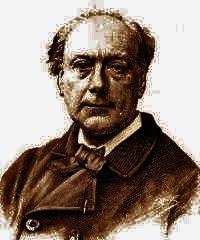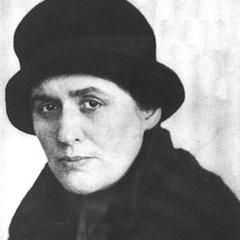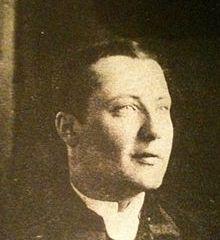William Shakespeare Quotes - Page 105

William Shakespeare, Samuel Weller Singer, Charles Symmons (1841). “The Dramatic Works and Poems of William Shakspeare,: With Notes, Original and Selected, and Introductory Remarks to Each Play,”, p.494
'Hamlet' (1601) act 5, sc. 2, l. 10
For oaths are straws, men's faiths are wafer-cakes, And hold-fast is the only dog.
'Henry V' (1599) act 2, sc. 3, l. [53]
'As You Like It' (1599) act 2, sc. 7, l. 139
William Shakespeare (2011). “Cymbeline”, p.72, Palgrave Macmillan
'The Merchant of Venice' (1596-8) act 5, sc. 1, l. 90
William Shakespeare, N. W. Bawcutt (1998). “Measure for Measure”, p.98, Oxford University Press, USA
To loathe the taste of sweetness, whereof little more than a little is by much too much.
'Henry IV, Part 1' (1597) act 3, sc. 2, l. 70
William Shakespeare, David Scott Kastan, Marina Kastan (2000). “William Shakespeare”, p.32, Sterling Publishing Company, Inc.
William Shakespeare, Mr. Theobald (Lewis) (1773). “The Works of Shakespeare: Collated with the Oldest Copies, and Corrected”, p.384
To kill, I grant, is sin's extremest gust; But, in defence, by mercy, 'tis most just.
William Shakespeare, Joseph Dennie, George Steevens, Isaac Reed, Samuel Johnson (1809). “The Plays of William Shakespeare: With the Corrections and Illustrations of Various Commentators”, p.385
William Shakespeare, Colin Burrow (2002). “The Complete Sonnets and Poems”, p.309, Oxford University Press on Demand
William Shakespeare, John Payne Collier (1858). “Titus Andronicus. Romeo and Juliet. Timon of Athens. Julius Caesar. Macbeth. Hamlet. King Lear”, p.268
William Shakespeare, James Boswell, Alexander Pope, Samuel Johnson, Edward Capell (1821). “The Plays and Poems of William Shakspeare”, p.126
You know that love Will creep in service where it cannot go.
William Shakespeare, William Harness (1825). “Dramatic Works of William Shakespeare”, p.127
Silence is only commendable In a neat's tongue dried, and a maid not vendible.
'The Merchant of Venice' (1596-8) act 1, sc. 1, l. 111
A woman impudent and mannish grown Is not more loath'd than an effeminate man.
William Shakespeare (1853). “The Plays of Shakespeare: The Text Regulated by the Old Copies, and by the Recently Discovered Folio of 1632, Containing Early Manuscript Emendations”, p.567
1599 Portia. Julius Caesar, act 2, sc.4, l.41-2.
Fear and niceness, the handmaids of all women, or more truly, woman its pretty self.
William Shakespeare (1830). “The Beauties of Shakespeare, Selected from the Most Correct Editions of His Works: With a Biographical Sketch”, p.190
William Shakespeare (1853). “The Plays of Shakespeare ; The Text Regulated by the Old Copies, and by the Recently Discovered Folio of 1632, Containing Early Manuscript Emendations”, p.193
O most delicate fiend! Who is't can read a woman? Is there more?
William Shakespeare, Charles Symmons (1843). “The Dramatic Works and Poems”, p.338
William Shakespeare, George Richard Hibbard (1998). “Love's Labour's Lost”, p.204, Oxford University Press, USA
1613 Lord Chamberlain. Henry VIII, act1, sc.4, l.22.






